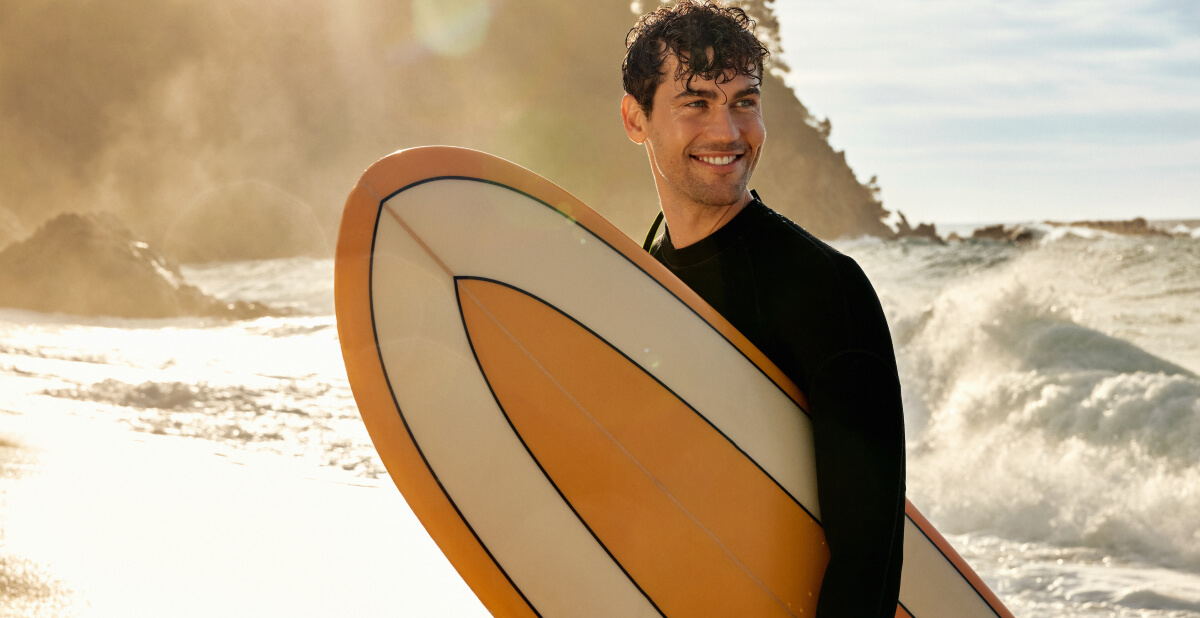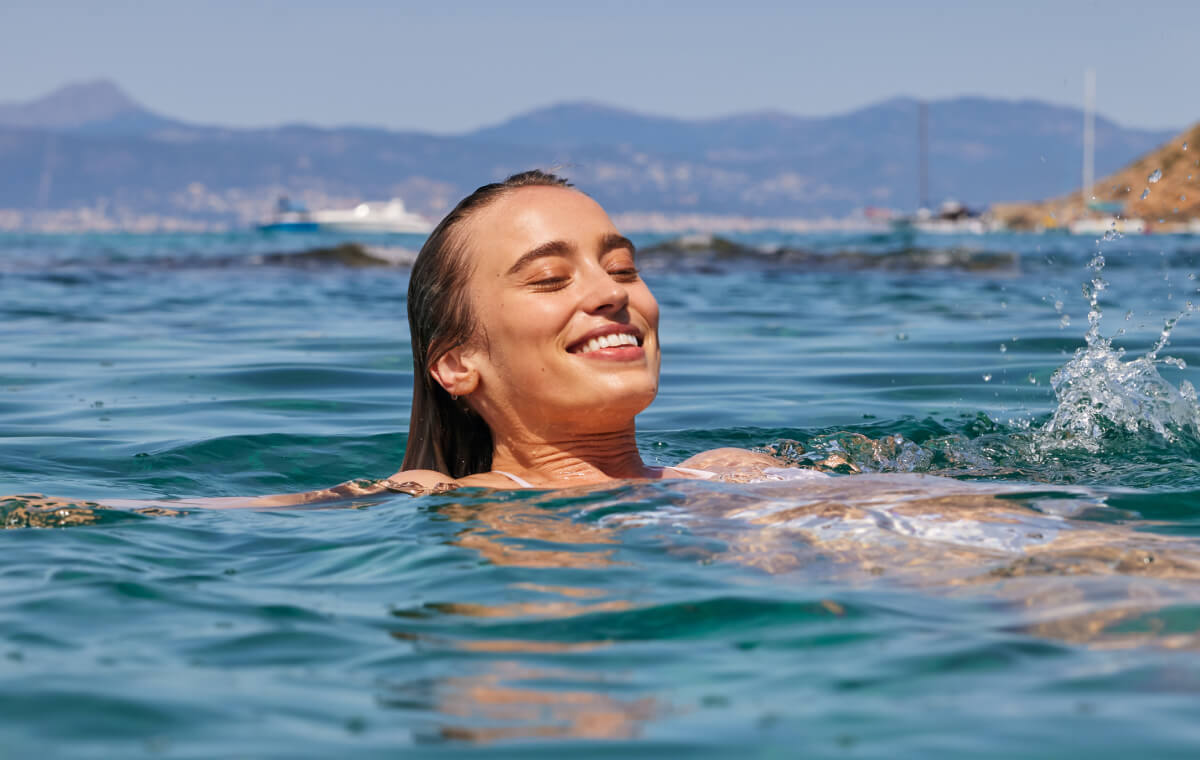The Mediterranean is an abundant source of research, resources, and, above all, joy. As a Barcelona-born brand, it’s also our home.
Its beauty and resilience serve as the inspiration for our skin and sun care formulas. Now, we’re aiming to make these products part of the solution — and we’d love for you to join us on our journey.
Where to begin? Discover the steps we’re taking to help reduce our environmental impact, regenerate marine biodiversity, and protect and restore Mediterranean habitats as a Certified B Corporation. Along with the advice of experts and scientists, read on to learn more about our efforts and how you too can use skincare as a force for change.
A breath of fresh air
Our oceans produce over 50% of the planet’s oxygen. With this significant statistic in mind, we created Bluewave Alliance: a non-profit initiative that helps regenerate the health of the Mediterranean Sea.
Often referred to as the lungs of the sea, seagrasses have an amazing ability to store carbon emissions. And one of the most ancient seagrass meadows lies in the Mediterranean: Posidonia Oceana. Bluewave Alliance aims to replant and recover this vital part of marine biodiversity.
The Posidonia action plan can be broken down into two important focuses:
Replanting
A crucial starting point? Restoring what’s already gone. Nuria Marba of the Mediterranean Institute for Advanced Studies explains, “Blue carbon ecosystems, like seagrasses, help absorb greenhouse gases. When we destroy these habitats, we not only stop capturing CO2, but also risk releasing what they’d been capturing for years.”
To help fight back, Bluewave Alliance leads a replanting project in partnership with scientists, volunteers, and divers. Together, we work to collect Posidonia seedlings from local beaches and plant them in their natural environment.
Awareness
Had you heard of the Posidonia meadows before now? Most people haven’t — reinforcing the need to involve our local and global communities. To quote Spain’s Minister of Ecological Transition Teresa Ribera at last year’s Bluewave Alliance Symposium, “(The meadows) are so important because of their size. They protect the coastal areas and are teeming with productivity.”
But how can we help more people care for these unseen powerhouses? She continues, “(Once people are aware) conservation ideas start to appear at the local level. After people have that first volunteer experience, they want to keep at it. But you have to do it effectively. That’s where scientists have a role in supporting and organizations in directing.”
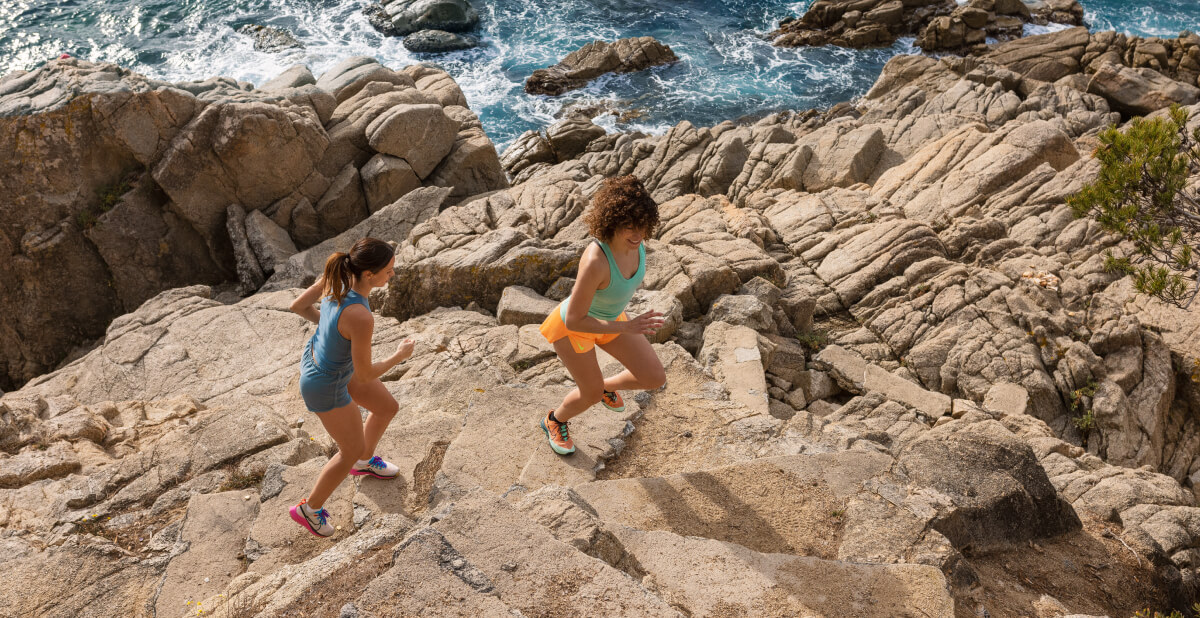
How you can help: Think local. While Posidonia may be one of the biggest, it isn’t the only marine habitat that could use your support. Check out Dosomething.org or Volunteer.gov where you can filter environmental initiatives by area.
Can’t get out there to help in person? Share these initiatives and what you’ve learned with friends and family on social media.
Getting creative
The Mediterranean Sea is home to over 17,000 different forms of marine life. And around 30% are native to the region (the highest rate worldwide). With such incredible diversity, it’s no wonder that the Sea is a vital hub for tourists, scientists, and fishermen alike. But its abundance also contributes to its biggest threats. In fact, over 50% of the plastic in the Mediterranean Sea is from fishing nets.
Our aim? Remove 65,000 kg of this waste. Partnering with Gravity Wave, we work together with local fishermen and divers to collect plastic from ports and beaches. The organization’s co-founder Julen Rodriquez explains his inspiration, “My sister visited Southeast Asia and was shocked when she found beaches filled with garbage. We thought, ‘Let’s work with local fishermen, who know and love the sea, to help collect waste from the Mediterranean.’ But when we started collecting nets, we realized the recycling plants weren’t prepared for this.”
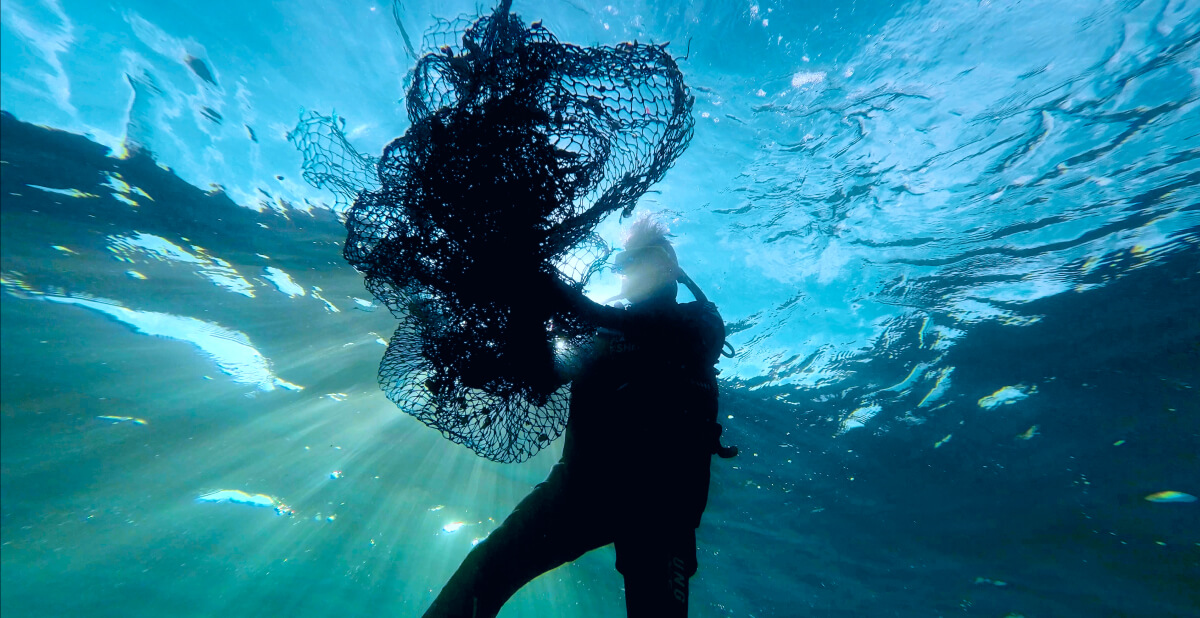
That’s where the initiative’s final step comes into play. Once the plastic is removed, it’s reimagined — helping prevent its return to sea. Together with Gravity Wave, we transform these retrieved fishing nets into sustainable furniture.
How you can help: Use your own (re)imagination. Instead of throwing plastic bottles into the recycling bin, get creative with new ways to repurpose them. Looking for something fun to do with the kids? Turn it into an afternoon of arts and crafts or start a weekly upcycling challenge.
An everyday effort
There’s another place you can start making a difference right now: your skincare routine. Where to start? Here are a few straightforward tips:
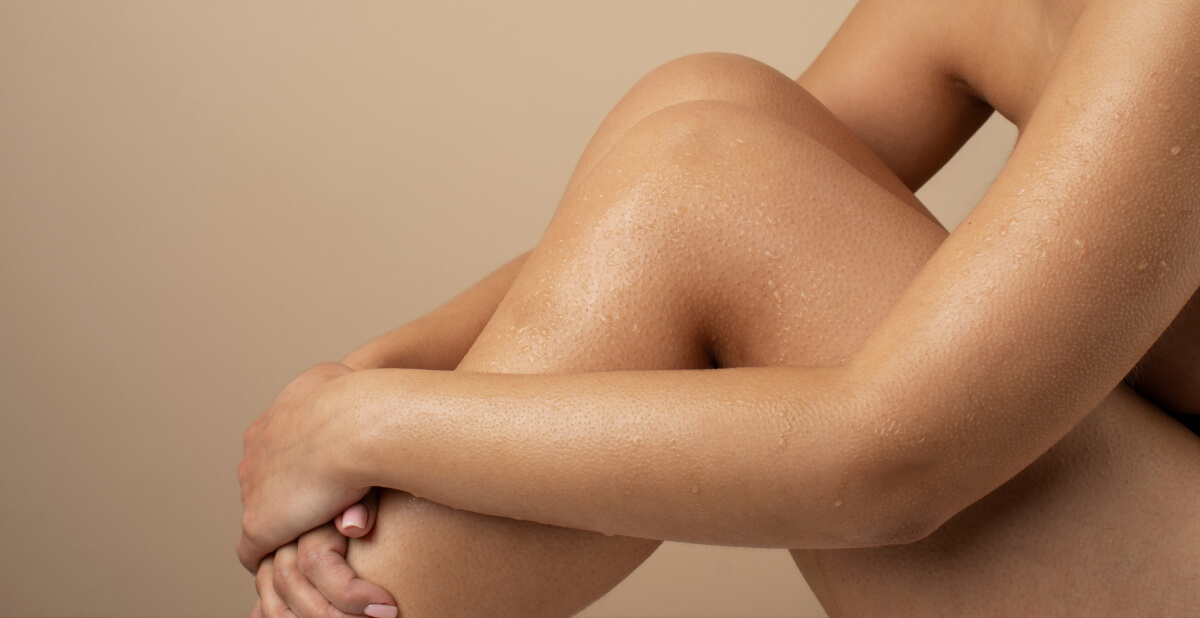
- Try before you buy. Whether through a friend or retailer, do your best to get a sample of the new skincare formula you’re considering adding to your lineup. This can help reduce wasted products, resources, and not to mention, budget.
- Choose products with refillable options. Although we still have a ways to go, currently, 31% of our products sold globally have eco-designed packaging. When you shop eco-refills of favorites like Melaclear Advanced and Hyaluronic Moisture you can help minimize your environmental impact.
- Reuse, recycle, or reimagine. Sometimes recycling involves a few more steps than just throwing an empty container in the bin. Here’s one hard-and-fast rule to make sure your recyclable doesn’t end up in the landfill instead: make sure it’s clean, empty, and dry. Another idea? Repurpose the packaging for something else — that empty cream container could make the perfect spot for hair ties and bobby pins.
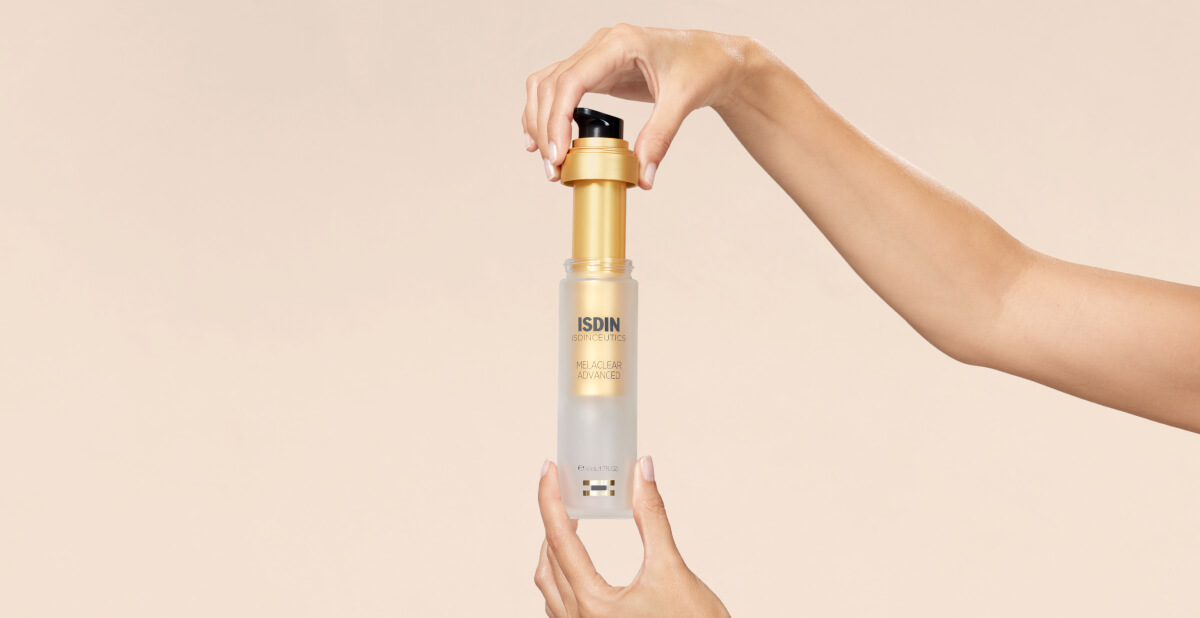
The road ahead
There’s always more we can do to protect our seas and oceans. But much like self-care, every action, big or small, can make a difference.
ISDIN CEO Juan Naya leaves us with a final word of inspiration, “Now’s the moment to act. It’s time to listen to both the scientists and the dreamers. Let’s dare to dream, together.”
